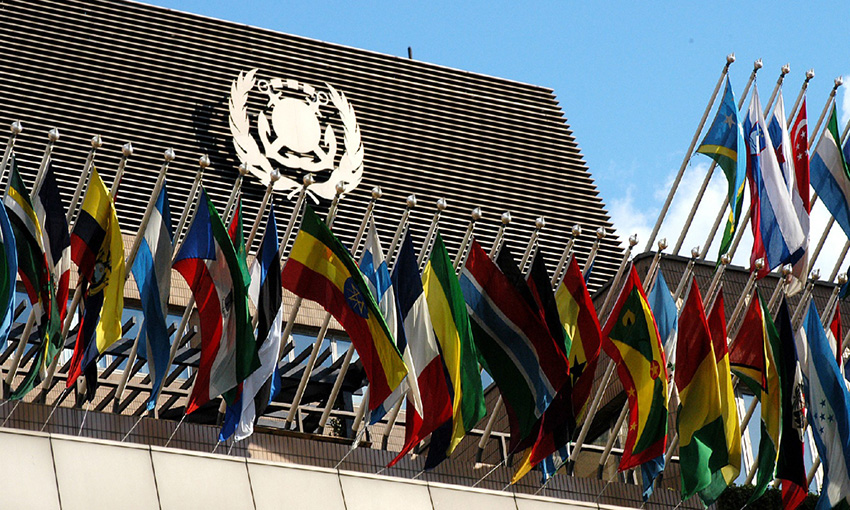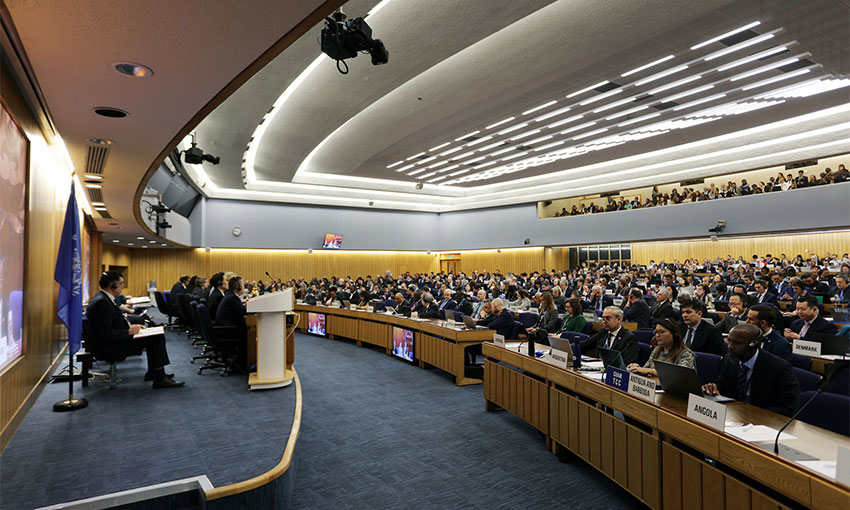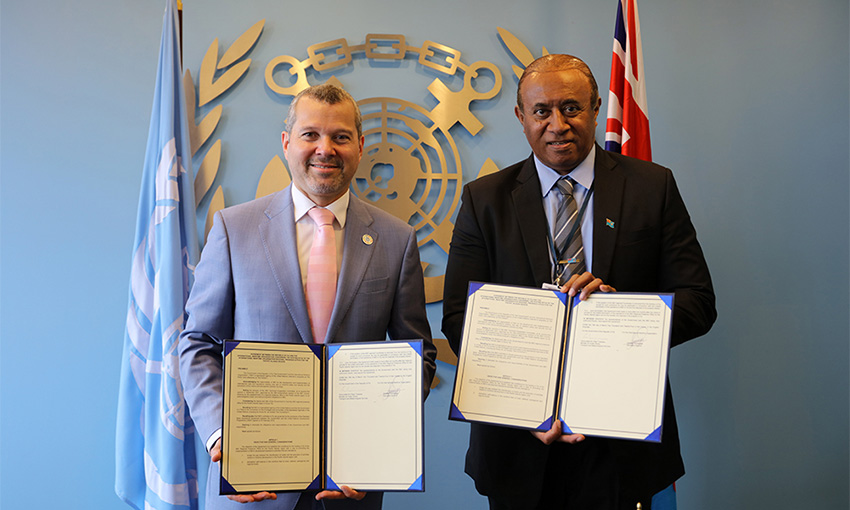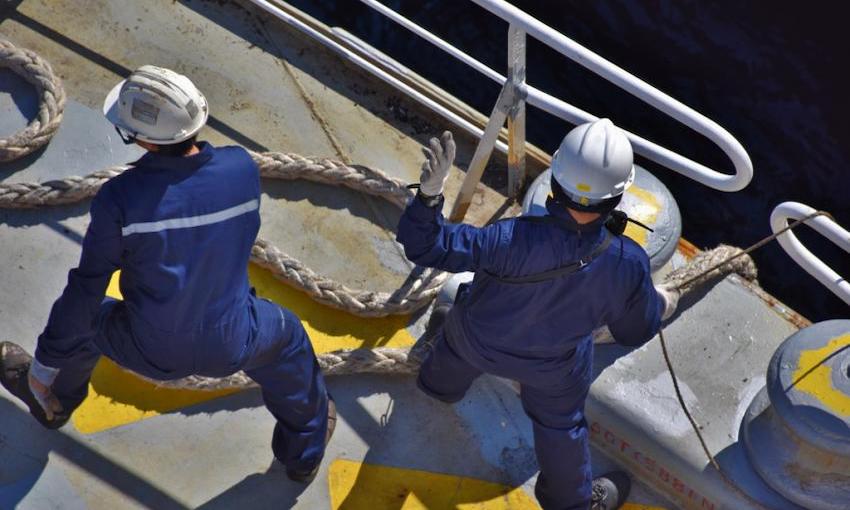THE International Maritime Organization is urging member states to act on the challenges seafarers are facing during COVID-19, having consolidated the issues which emerged during the pandemic.
The issues were outlined in the resolution on comprehensive action to address seafarers’ challenges during the COVID-19 pandemic, adopted at the 32nd session of the IMO Assembly.
While seafarers were reportedly at the forefront of IMO discussions, other resolutions relating to piracy, maritime fraud, and capacity building were also adopted.
As per the resolution, member states are urged to designate seafarers as “key workers” to enable shore leave, as well as safe, unhindered movement across borders.
Similarly, members are encouraged to exempt seafarers from any national policy requiring proof of vaccination as a condition for entry, as the nature of seafaring requires frequent travel across borders.
The resolution urges member states to prioritise the vaccination of seafarers and provide them with immediate access to medical care when required.
This includes the facilitation of medical evacuation when care cannot be provided onboard or in the port of call.
Member states are also urged to consider the implementation of the industry recommended framework of protocols for ensuring safe ship crew changes and travel during the pandemic.
Piracy in the Gulf of Guinea
During the session, the IMO Assembly also adopted an updated resolution on prevention and suppression of piracy in the Gulf of Guinea.
According to the IMO, the resolution acknowledges the safety and security concerns expressed by the industry and seafaring community, stemming from attacks against ships sailing in the area.
The resolution urges governments to assist states in the Gulf of Guinea to develop their maritime governance to prevent piracy, armed robbery, and other illicit maritime activities.
The described assistance includes strengthening legal frameworks including anti-piracy laws and enforcement regulations, and the training of national maritime law enforcement agencies.
It also includes promoting anti-piracy and law enforcement co-ordination and co-operation procedures between states, regions, organisations, and industry.
Fraud in the maritime sector
The IMO Assembly has also adopted a resolution urging governments and maritime stakeholders to maintain and develop actions to combat maritime fraud.
This includes the exchange of information and reporting the names of ships and registries involved in fraudulent acts.
It encourages a range of maritime stakeholders including ship brokers and vessel owners and operators to focus on enhancing due diligence practices for the prevention, detection, and reporting of fraudulent registration documentation.
IMO capacity building
The Assembly has adopted a resolution setting out the organisation’s goals relating to capacity building during the current decade.
The Capacity-Building Decade 2021-2030 Strategy will address the needs of member states and support them in the adoption, implementation, and enhancement of compliance with IMO instruments.
The strategy focusses on supporting the development and implementation of national maritime policies and strategies based on harnessing the full potential of maritime economies.





